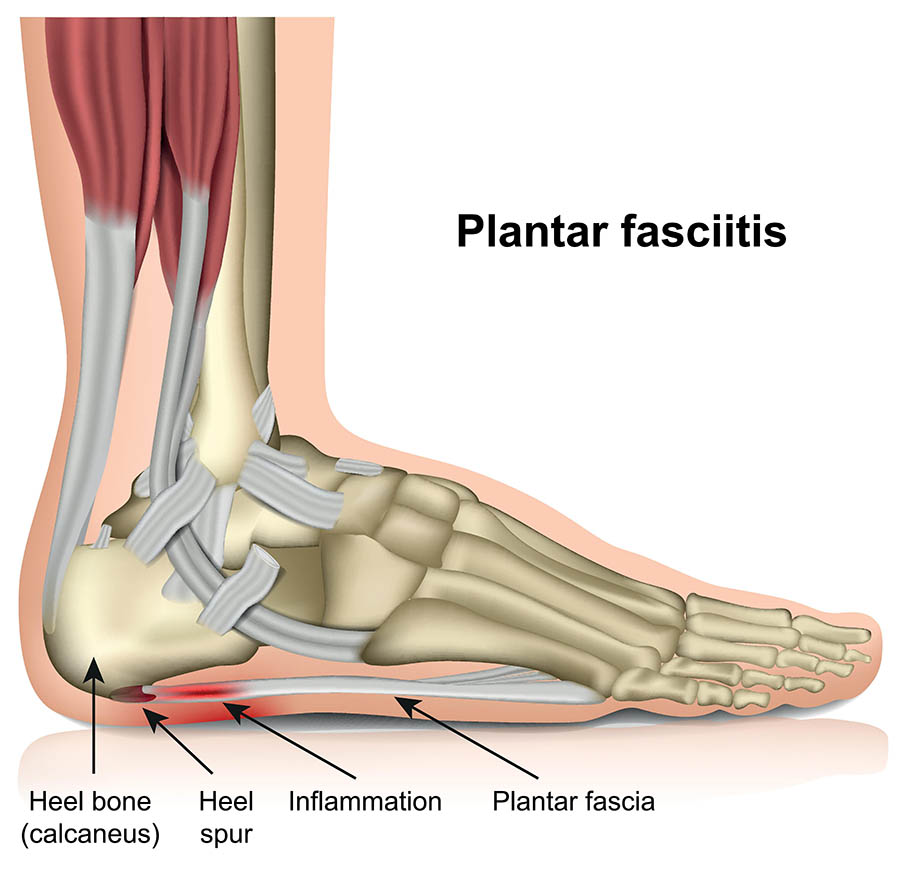Plantar Fasciitis & Achilles Pain
Plantar fasciitis and Achilles tendinopathy are two of the most over-diagnosed conditions for anyone with foot or ankle pain. If you’re experiencing pain on the underside of your foot or on the back of your ankle, just above your heel, it’s likely that you’ve irritated the fascia or tendon, likely through over-use or improper biomechanics.
Due to the damage of the connective tissue, resting it or buying an over-the-counter brace are not enough to correct the problem. Consequently, it often goes mis-treated and becomes a chronic complaint.
One of the most effective treatments is to remodel the tissue through controlled load and rehab, strengthen the intrinsic muscles of the foot, and manual therapy throughout the kinetic chain and the small joints of the feet.
It is so important to get this pain evaluated by a professional who understands the rehab necessary to correct it. It is not something that you want to attempt to self-diagnose or self-prescribe treatments based on the internet alone. This includes utilizing kinesiotape and orthopedic braces that you are able to purchase over-the-counter. Not to say these tools are never appropriate, but that should be the decision of the medical professional.
Depending on bracing long-term, even for just athletic performance, can have detrimental effects on our biomechanics and can allow our muscles and surrounding tissues to get weak and become dependent on the brace for support, causing more issues.



